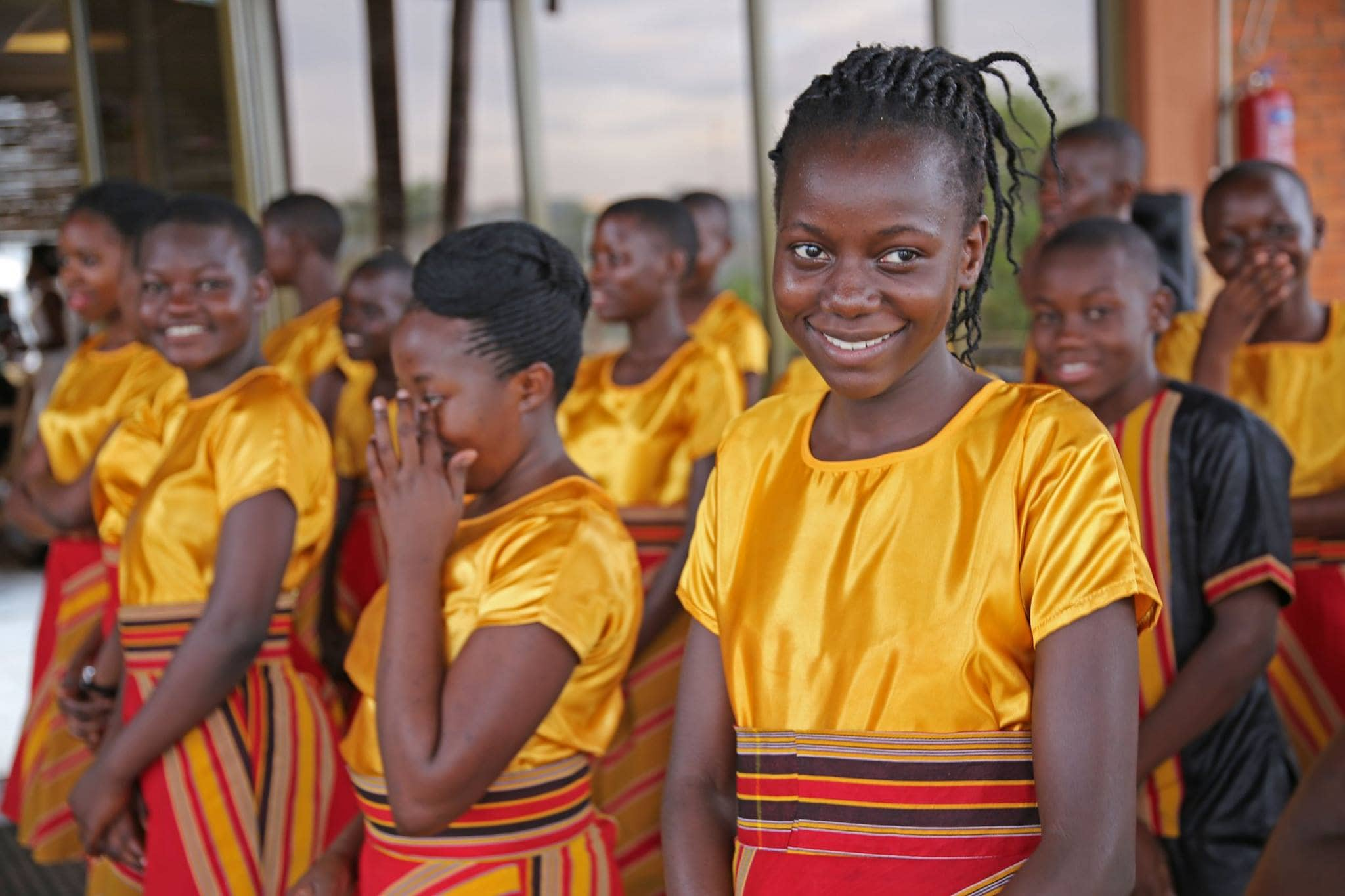DREAMS for an AIDS-free generation: Eva’s story
 Young women and adolescent girls aged 15-24 are particularly affected by HIV
Young women and adolescent girls aged 15-24 are particularly affected by HIV
Eva, the second of seven children, lost her dad at age 12. Unable to afford to finish school, Eva accepted a job as a domestic worker for a woman in her village in central Uganda. She never could have known, however, that the job was in fact something quite different. She ended up working as a bar server, and was taken advantage of by older male guests, which put her at risk for HIV and other sexually transmitted infections (STIs).
Then DREAMS came along
“I had just finished treatment for another bout of an STI when ‘Madam Carol’ came to our bar to speak to us about something called the DREAMS project,” Eva recalls. “She told us that it had strings attached: one had to accept to do an HIV test to show that you are HIV-negative.”
Launched in 2014, the DREAMS initiative is a public-private partnership supported by the U.S. President’s Emergency Plan for AIDS Relief (PEPFAR) which focuses on HIV prevention among young women ages 15 to 24 through evidence-based interventions shown to successfully address risk behaviors for HIV transmission and gender-based violence. The program aims to transform its beneficiaries into “Determined, Resilient, Empowered, AIDS-free, Mentored, and Safe” girls and women and is being implemented in 10 countries: Kenya, Lesotho, Malawi, Mozambique, South Africa, Swaziland, Tanzania, Uganda, Zambia, and Zimbabwe. In 2014, nearly half of all new HIV infections among adolescent girls and young women occurred in these countries.
CDC and partners support DREAMS’s efforts in eight of these countries, implementing critical elements of the initiative’s core package including programs to empower the young women to reduce their risk of HIV, mobilize communities, strengthen families and decrease HIV risk among male sex partners of participants.
Eva received her HIV test at one of the ‘moonlight’ outreaches offered by Uganda Youth Development Link (UYDEL) – a community DREAMS partner in Central Uganda—which provides HIV counseling and testing services after working hours. “The results were heavenly,” she reveals happily. “When I knew that I was HIV negative, I immediately returned home to my mother. I have now learned to tailor clothes. I can make shirts and dresses, and I’m now learning to tailor a gomesi (traditional garb for women in Uganda).”
But thanks to DREAMS, Eva has learned about more than just tailoring. “I have also learned a lot about HIV and AIDS and how I can protect myself from such infections,” she says. “Now I know how to negotiate for safe sex.” DREAMS has been so transformative in Eva’s life that she has enrolled 15 other girls as well.
Many more Eva’s out there
Rose Apondi, the CDC-Uganda prevention specialist, coordinating the DREAMS Initiative says the project is being implemented in 10 districts – with promising results.
“Our focus is providing them with information for healthy decision making and supporting them with economic options to reduce their vulnerability. While we only enroll those that are HIV negative, we also provide treatment services for STDs and refer HIV positives for treatment at accredited ART health centers. We also refer the pregnant girls for antenatal care services and monitor the health of their children,” Apondi says.
“Madam Carol” Nakkonde, the UYDEL worker who first contacted Eva, says entertainment and hospitality enterprises frequently lure girls and use them to attract patrons. UYDEL approaches bars, restaurants and hotels offering free HIV education, counselling, and testing as a strategy to reach girls and women who are vulnerable to HIV infection.
UYDEL launched the PEPFAR-supported DREAMS project in May 2016 enrolling hundreds of girls, most of whom are either orphans, school drop-outs, or victims of forced marriages and domestic violence. “We start with HIV and sexual reproductive health education sessions, addressing many of the myths and misconceptions about HIV transmission, and then tell them about vocational education and income generating opportunities that we run, such as tailoring, hair dressing, art and crafts, and baking. Thanks to support from PEPFAR and CDC, these girls can now earn a little income on top of being empowered by health education, which greatly reduces their risk to infections like HIV,” says Nakkonde.